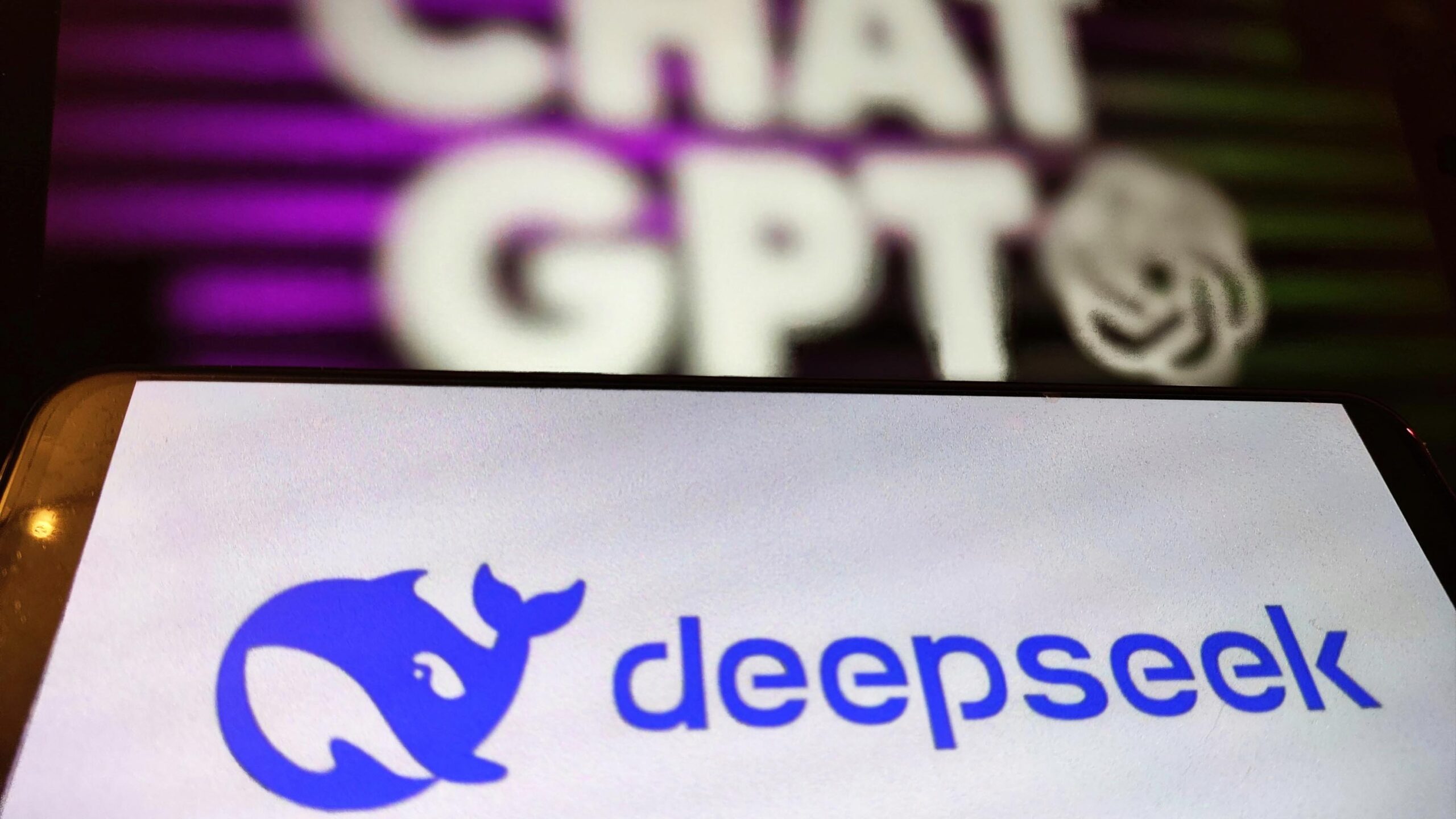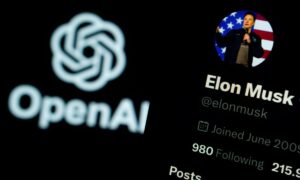OpenAI alleges that DeepSeek misappropriated its data for AI training

The Growing Tensions Between the U.S. and China in AI Development
Background on U.S.-China Rivalry
The rivalry between the United States and China has been ongoing for many years. Recently, the rise of generative artificial intelligence (AI) has intensified these tensions. A significant turning point came when the Biden-Harris administration enacted strict restrictions on the exportation of advanced chips to China. Officials stated that the goal was not to weaken China’s economy but rather to prevent these technologies from being misused in harmful ways, particularly for military purposes.
The Rise of DeepSeek
Despite these restrictions, China has managed to progress significantly in the field of AI. A notable example is the Chinese AI startup named DeepSeek, which has developed an AI model that reportedly outperforms OpenAI’s o1 reasoning model across various benchmarks while being much more cost-effective. This achievement has raised alarms in the United States.
Concerns Raised by Congress
Recently, a bipartisan House committee labeled DeepSeek as a "profound threat" to U.S. national security. They requested that NVIDIA provide information about the sale of chips that may have contributed to DeepSeek’s development of its advanced R1 model. While initial reports suggested that DeepSeek’s R1 model was created with a $6 million investment and 2,048 AI GPUs, further investigation indicated that it actually cost around $1.6 billion, utilizing 50,000 NVIDIA Hopper GPUs.
Allegations of Government Ties
The committee expressed serious concerns about DeepSeek’s connections to the Chinese government, stating that the company might be involved in unauthorized data scraping for governmental purposes. Liang Wenfeng, the founder of DeepSeek, is said to operate the company in collaboration with a hardware distributor linked to the Chinese state and the research institution Zhejiang Lab, forming an "integrated ecosystem."
OpenAI Responds
OpenAI, the organization behind ChatGPT, has supported the committee’s findings, suggesting that DeepSeek may have used "unlawful" methods in training its AI models. They allege that DeepSeek utilized employees to bypass restrictions aimed at avoiding the unauthorized use of data, which may include data stolen from OpenAI to develop its own AI models.
Manipulated AI Outputs
In addition to security implications, reports indicate that DeepSeek’s search results may be skewed to promote Chinese propaganda. The accusations suggest that the company has effectively used advanced NVIDIA chips for AI model development, despite existing export bans put in place by the U.S. government.
Summary of Key Points
- U.S. AI Export Restrictions: The Biden administration imposed strict regulations on exporting advanced chips to China for security reasons.
- DeepSeek’s Advancements: DeepSeek developed an AI model that outperforming OpenAI’s offerings, raising concerns in the U.S.
- National Security Threat: A congressional committee identified DeepSeek as a potential threat to national security due to its connections to the Chinese government.
- Significant Investment: The development of DeepSeek’s R1 model cost approximately $1.6 billion, contrary to earlier reports.
- Allegations of Data Misuse: OpenAI claims that DeepSeek may have used unauthorized data to train its AI models.
- Propaganda Concerns: Reports suggest DeepSeek’s outputs could be manipulated to support Chinese narratives.
As AI technology continues to evolve, the competition between the U.S. and China is likely to remain a significant issue, posing various challenges and concerns regarding security and ethics.





